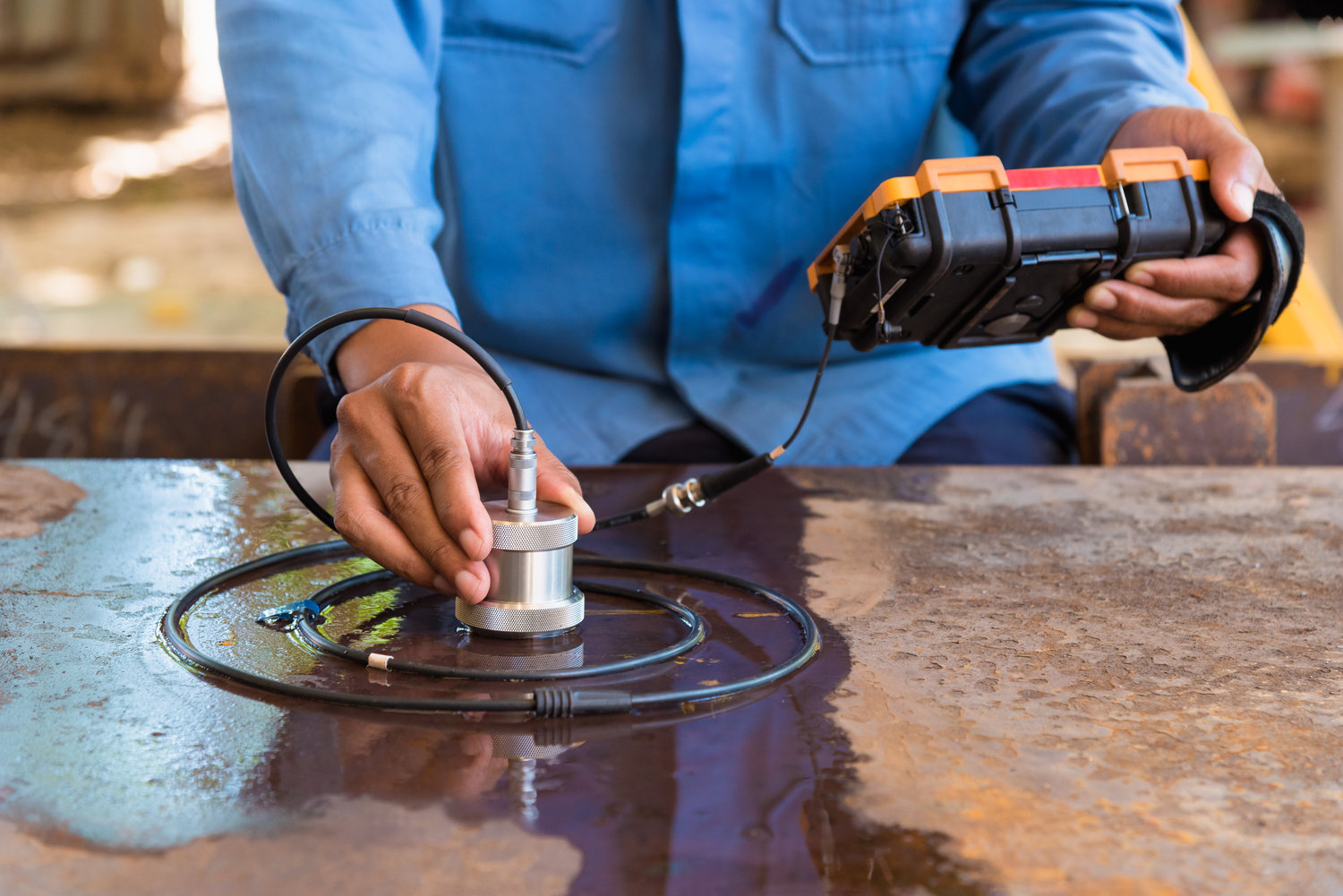Training & Courses
What is non-destructive testing (NDT)?
Non-Destructive Testing (NDT) encompasses a broad array of analysis techniques used in science and industry to evaluate the properties of materials, components, or systems without causing any damage. This approach is highly valuable as it preserves the integrity of the item being tested, making it a cost-effective and time-saving method for product evaluation, troubleshooting, and research.
Understanding Non-Destructive Testing (NDT)
NDT, also referred to as Non-Destructive Examination (NDE), Non-Destructive Inspection (NDI), and Non-Destructive Evaluation (NDE), plays a crucial role in various industries. By not permanently altering the tested object, NDT allows for repeated inspections and continuous monitoring over time.
Common NDT Techniques
- Ultrasonic Testing: Utilizes high-frequency sound waves to detect internal flaws or characterize materials.
- Radiographic Testing: Employs X-rays or gamma rays to view the internal structure of a component.
- Eddy Current Testing: Uses electromagnetic induction to detect surface and sub-surface defects.
- Magnetic Particle Testing: Detects surface and near-surface discontinuities in ferromagnetic materials.
- Liquid Penetrant Testing: Reveals surface-breaking defects by applying a liquid dye.

What kind of training we provide?
We give training & instrument to commercial NDT help in agreement with following accreditations & Streams :
- Ultrasonic Testing (UT)
- Radiographic Testing & Film Interpretation (RTFI)
- Magnetic Particle Testing (MPT)
- Liquid Penetrant Testing (LPT)
- Visual Inspection (VT)
Important
- Application Form Should be Duly filled in, signed and stamped.
- Self attested copies of certification / Mark list should be enclosed.
- Copy of ID Proof (Govt approved)
- Copy of Address Proof (Govt approved)
- Clearly visible Photograph.
Minimum Educational Qualification Criteria
- 10+2 or equivalent examination passed with Science subjects, and Mathematics in 10th standard or equivalent from a recognized Board; OR One year ITI course passed from a recognized Institute and Mathematics in 10th standard or an equivalent from a recognized Board; and one year of experience in
- industrial job (applicable only for ITI course of less than two years duration.)

.png)

